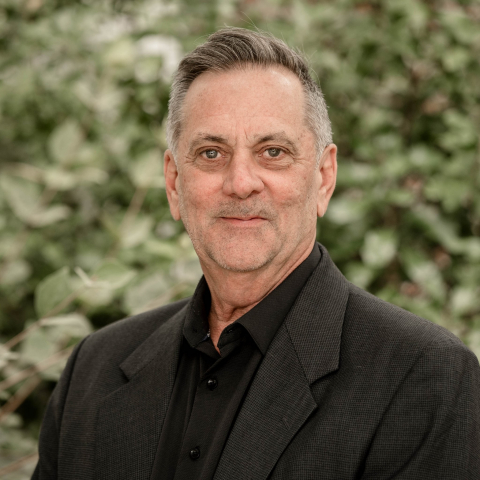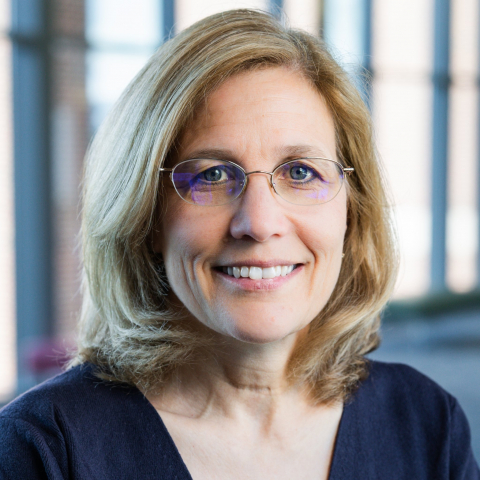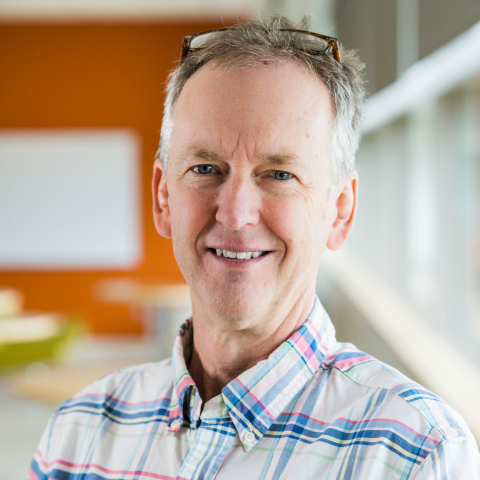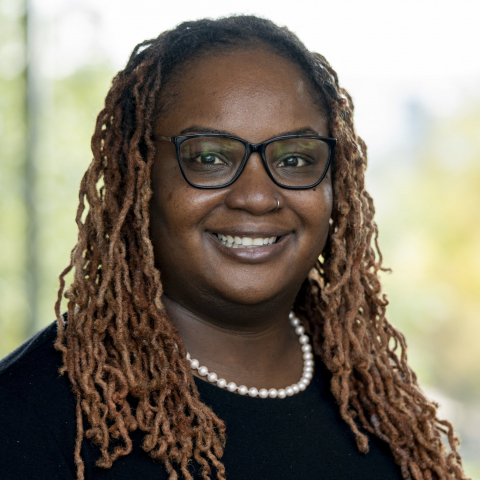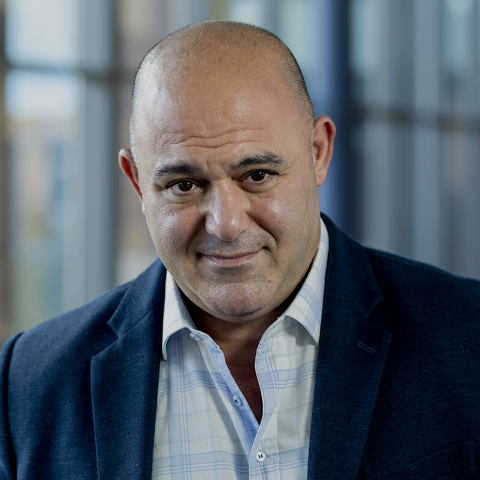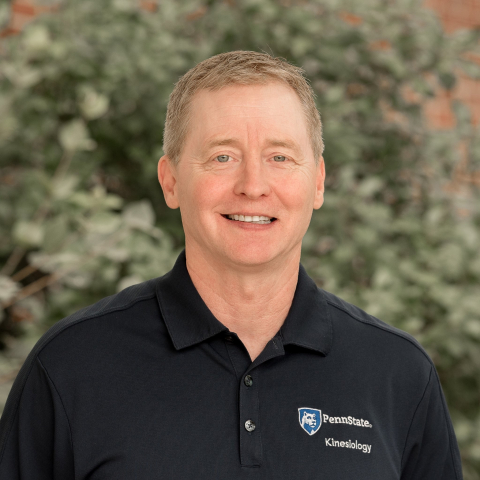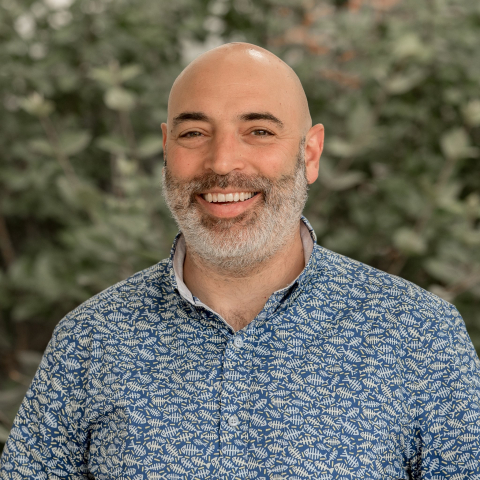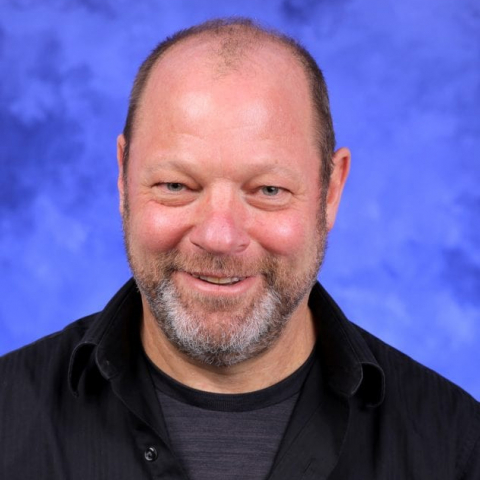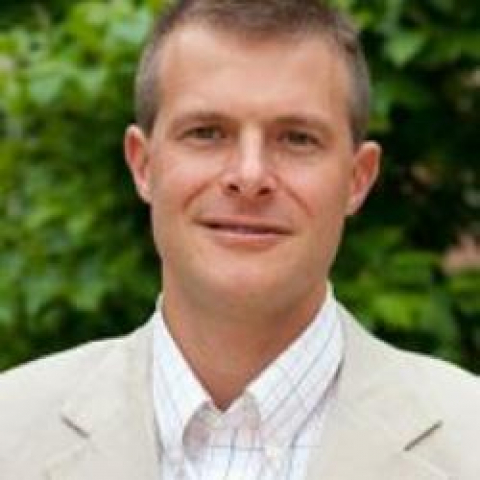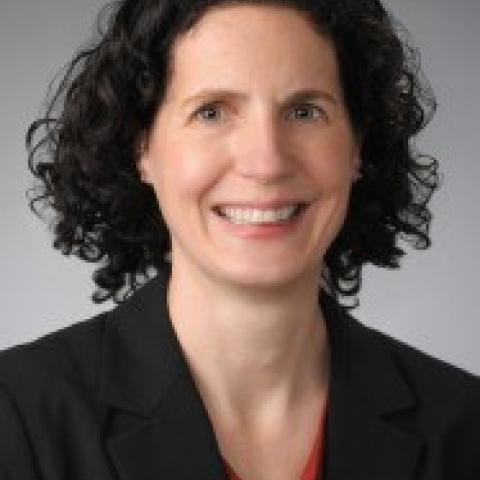People: Aging Exercise And Muscle Biology
W. Larry Kenney
Professor of Physiology and Kinesiology
Environmental and exercise physiology, particularly human thermoregulation, skin blood flow, and the biophysics of heat exchange.
Donna Korzick
Director of Graduate Training Initiatives; Professor of Physiology and Kinesiology
My research is focused on aging, post-menopausal women, and cardiac ischemia reperfusion injury using animal models. We are particularly interested in the effects of estrogen deficiency on mitochondrial regulation of cell survival following myocardial infarction. Multiple levels of inquiry addressing mitochondrial quality control regulation and immune signaling is emphasized.
James Marden
Associate Director of Operations, Huck Institutes of the Life Sciences; Professor of Biology
How physiological variation within species affects their ecology and evolution. Primarily with insects, but recently also with plants, and a particular interest in allelic variation in the pathogen resistance genes of tropical trees.
Melanie McReynolds
Huck Early Career Chair in Biochemistry and Molecular Biology; Assistant Professor of Biochemistry and Molecular Biology
The biochemistry behind aging and its intersection with stress, with the long-term goal of identifying strategies that promote healthier aging.
Gustavo Nader
Dorothy Foher and J. Lloyd Huck Chair in Molecular, Cellular and Integrative Physiology, Professor of Kinesiology
Ribosome biogenesis and cellular growth control. Transcription and epigenetic regulation of ribosomal RNA genes.
David Proctor
Professor of Kinesiology, Physiology, and Medicine
Physiology of aging and exercise; cardiovascular responses to exercise; regulation of skeletal muscle blood flow; skeletal muscle adaptation; vascular adaptation.
Jonas Rubenson
Professor of Kinesiology
Integrating experimental and modeling approaches to study gait and skeletal muscle function during locomotion in both health and disease/impairment. In particular, the relationship between in vivo muscle mechanics and metabolic energetics and mechanisms underlying locomotor adaptation and optimization.
Robert Sainburg
Director of the Center for Movement Science and Technology; Huck Distinguished Chair in Kinesiology and Neurology; Professor of Kinesiology and of Neurology
The neural mechanisms that underlie control, coordination, and learning of voluntary movements in humans. Functional neuroanatomy of lateralized processes of motor control. Neurorehabilitation and Functional Recovery in stroke patients.
